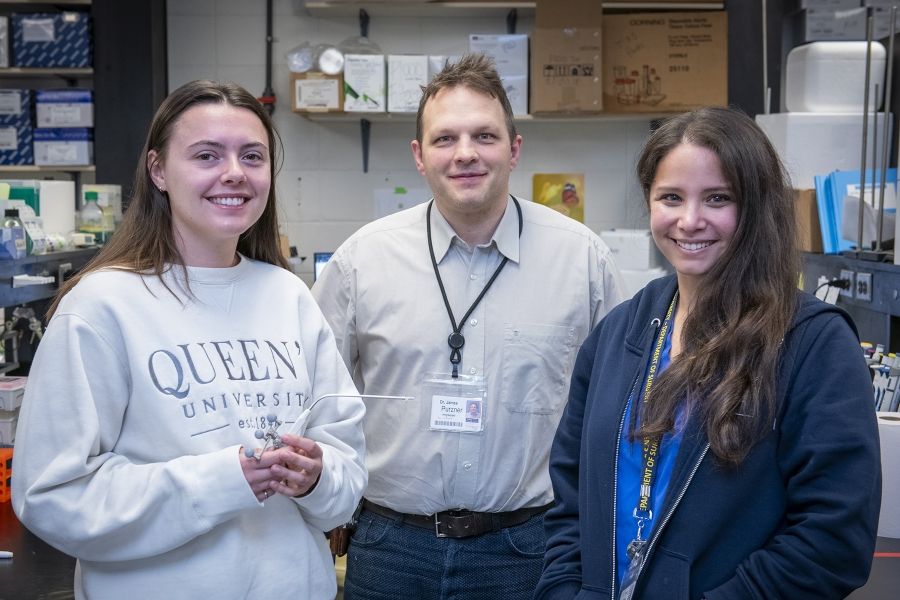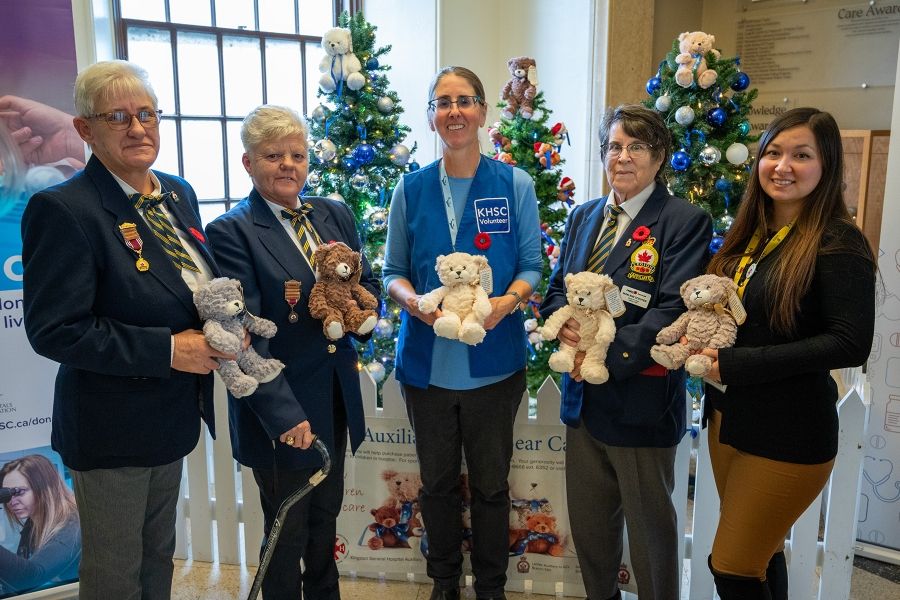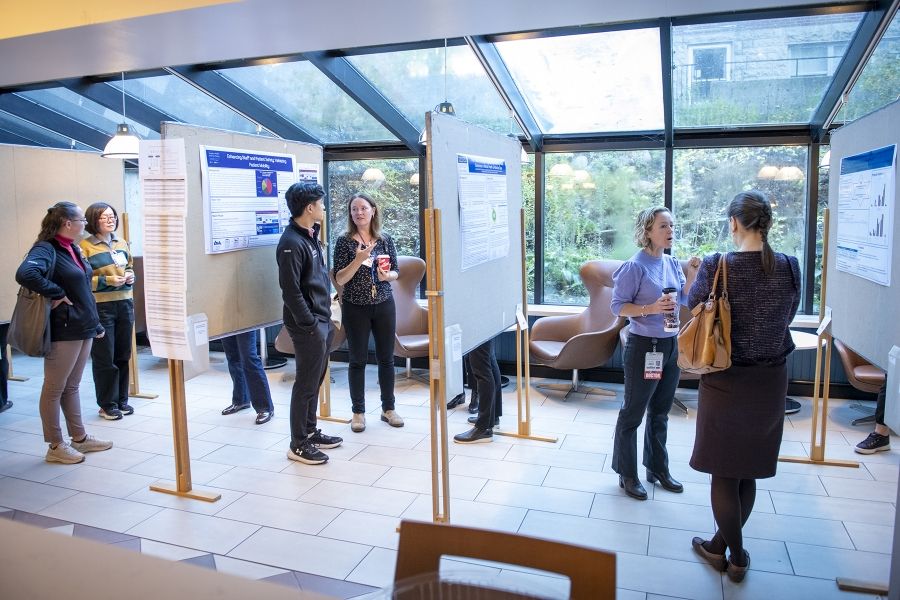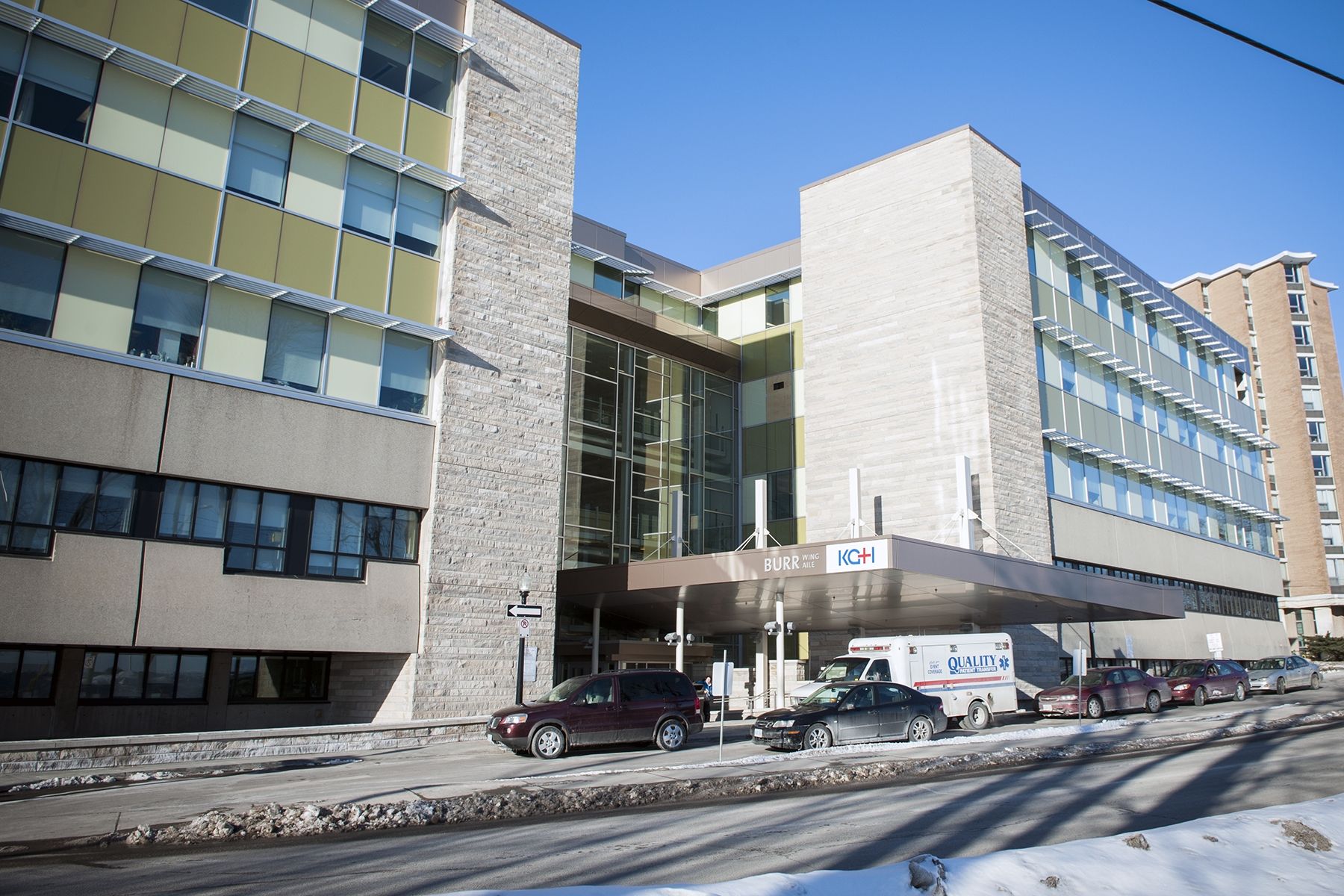
A new space in the Burr wing here at Kingston General Hospital will soon be the home to an outpatient treatment program for mental health patients who have been recently discharged from the hospital. The Intensive Transitional Treatment Program (ITTP) will provide the space and staff to support patients as they move back into the community and their day-to-day lives.
“Discharge from hospital is a high-risk time for many mental health patients, with increased rates of suicide, relapse, and readmission to hospital,” says Troy Savage, Program Manager of Inpatient Mental Health. “In the past, relationships between the hospital and patient traditionally end after they are discharged. This program will change that.”
Thanks to funding recently announced by the South East Local Health Integration Network (LHIN), the new program will provide treatment similar to an inpatient stay, without the need for the patient to sleep in hospital. Between 20 and 40 patients would be able to access the program for up to four weeks each. Starting in June, it will offer a wide range of care, for eight hours-a-day between Monday and Friday. Treatment will include group sessions focused on relaxation training, stress management, mindfulness and coping with depression.
Here at KGH, about 150 people visit the Emergency Department (ED) with mental health concerns each month. About half of them end up being admitted to the hospital for further care.
“We hope this program will help break a cycle for some patients. When they leave the hospital, the goal is to have them connect with a community agency that can provide them with day-to-day support. The problem is that the agencies are also overwhelmed with demand. Waitlists for their services can be long and patients end up back in the emergency room, in a state of crisis before the agency can make contact with them,” says Savage.
The program will also help prevent gridlock as the inpatient mental health unit here at KGH runs, on average, at greater than 100 per cent occupancy all year. At any given time, between two and five mental health patients are also waiting in the ED for an inpatient bed. The goal is that by providing transitional treatment, patients with mental health needs won’t need to visit the ED as often or stay in the hospital as long if they are admitted.
“We are really excited that the LHIN is supporting us to make this program a reality. It will provide real benefits to patients and their families in our region who struggle with mental health issues,” says Savage.
Gallery
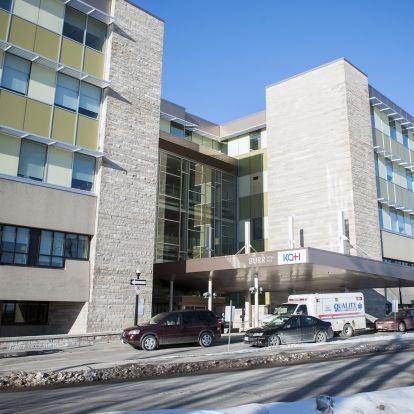
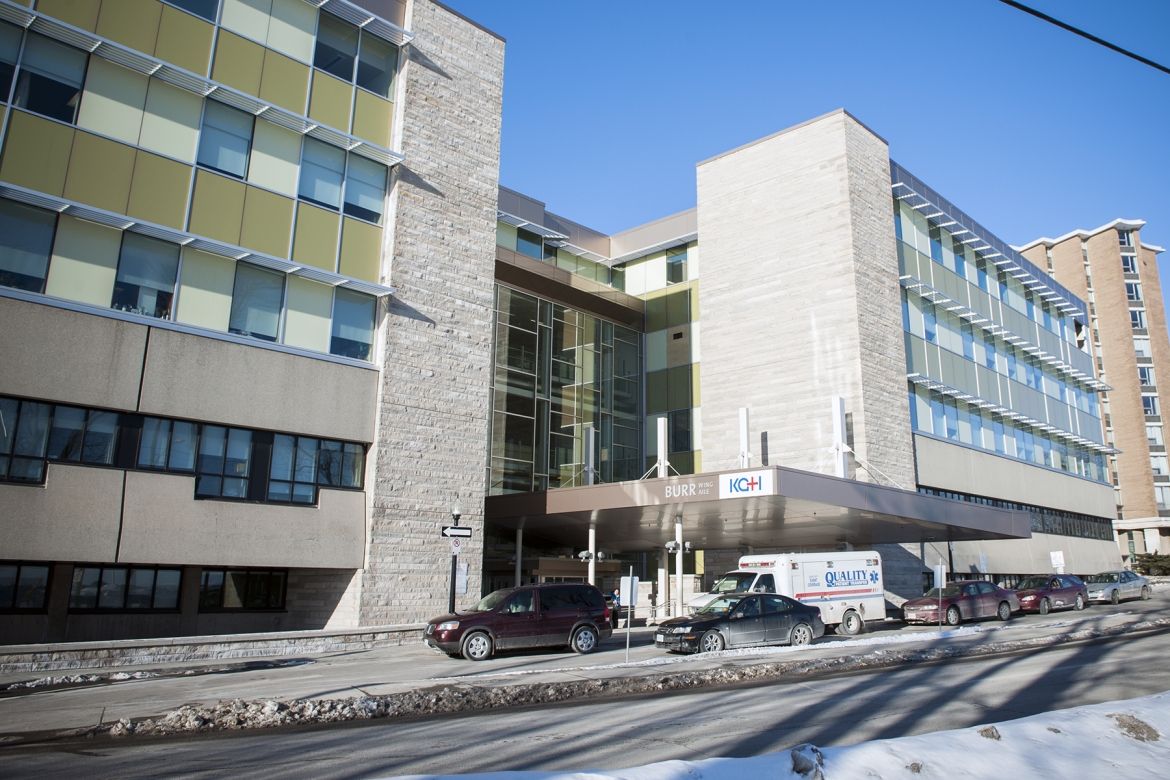
The new outpatient program in the Burr wing will be open to mental health patients during weekdays.

